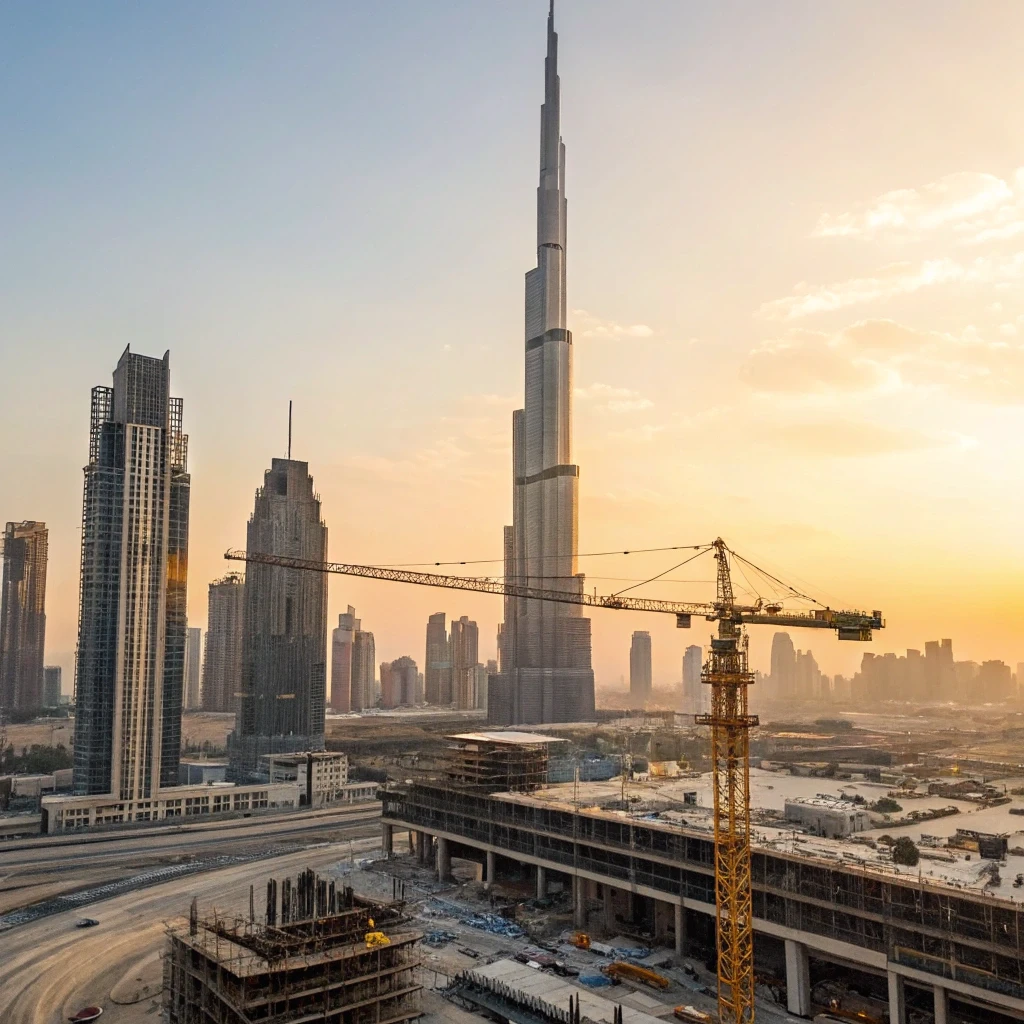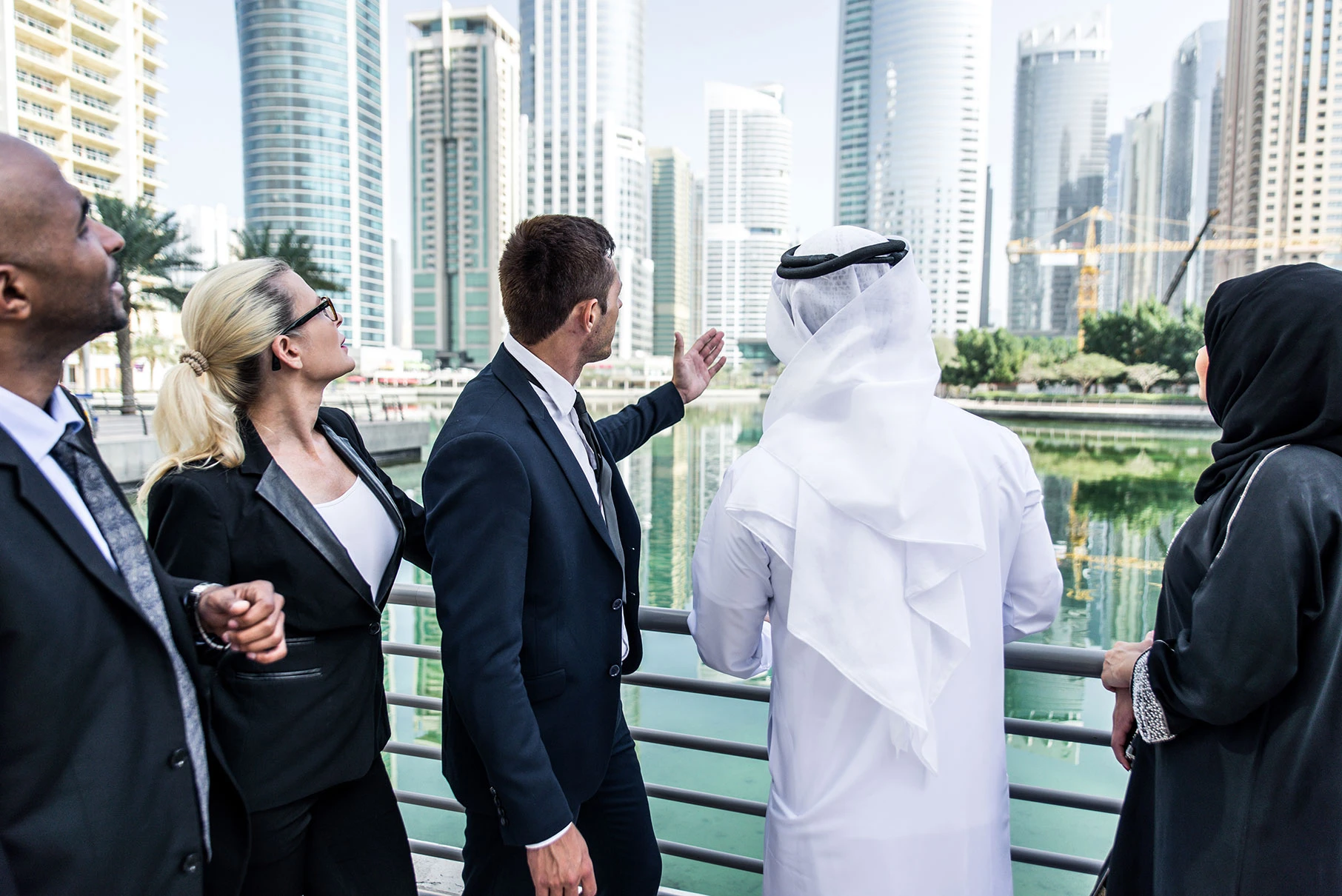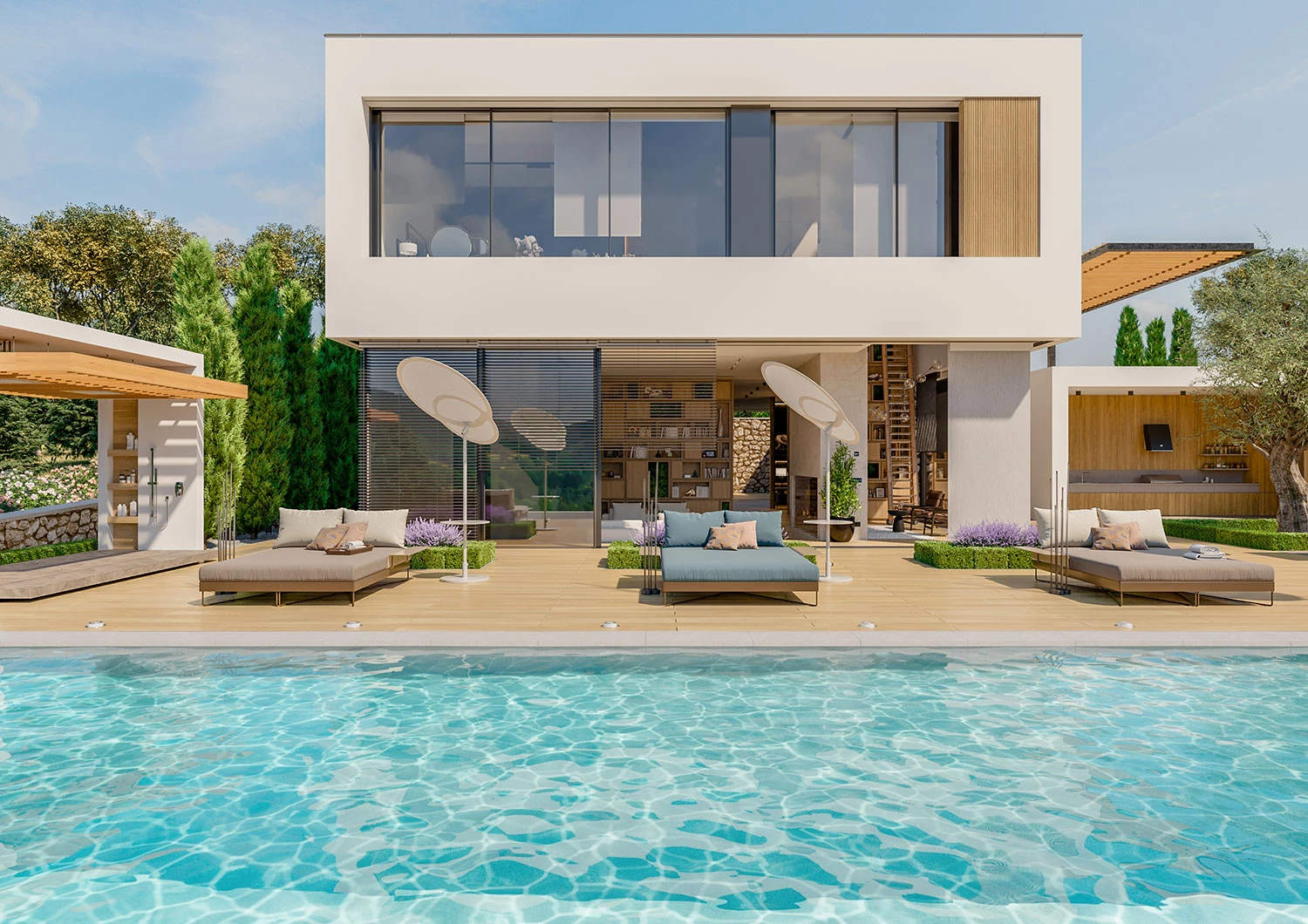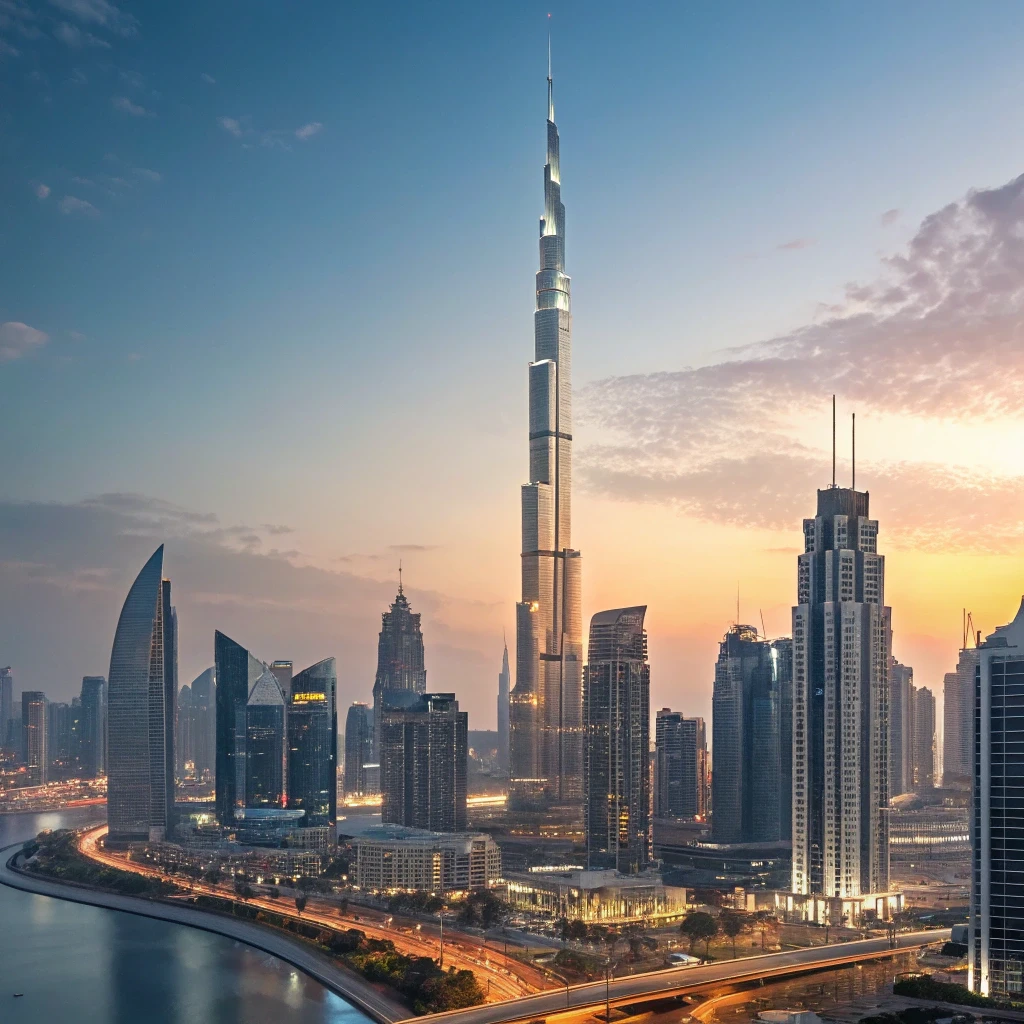Sevenx Properties in Dubai Real Estate Agency
Top 5 Off-Plan Projects in Dubai for Investment – 2025 Guide

Investing in off-plan properties in Dubai is no longer just a trend—it’s a smart strategy for both local and international investors seeking high ROI, flexible payment terms, and long-term value appreciation.
Dubai’s off-plan market has matured over the past decade, with strict government regulations, escrow protection, and reputable developers making it safer than ever before. As we head into 2025, several new projects have captured the attention of investors looking for both affordable entry points and prime luxury opportunities.
In this guide, we’ll walk you through the top 5 off-plan projects in Dubai for investment in 2025, covering their location, developer, price range, payment plan, and investment potential. Whether you’re investing from the USA, UK, Singapore, or UAE, these are the names to watch.
1. Emaar South – Greenway Townhouses
Located near the upcoming Al Maktoum International Airport and Expo City Dubai, Emaar South is a master community known for its sustainable design and family-focused layouts.
Developer: Emaar Properties
Project Type: 3 & 4 Bedroom Townhouses
Starting Price: AED 1.4M (~$380,000)
Payment Plan: 90/10 post-handover over 3 years
Handover: Q4 2026
ROI Potential: High (Rental yield projected at 6.5–7%)
Why it’s attractive: Its proximity to Dubai South business district and Expo 2020 legacy zone makes it a strong long-term real estate investment in Dubai.
2. Sobha Hartland 2 – 320 Riverside Crescent
If you’re looking for waterfront luxury with a central location, this off-plan apartment project in Dubai is one to consider.
Developer: Sobha Realty
Type: 1, 2 & 3 BHK Apartments
Starting Price: AED 1.2M (~$326,000)
Payment Plan: 80/20 with milestone-based installments
Handover: Q3 2027
Location: Mohammed Bin Rashid City (MBR)
Why it’s attractive: Sobha’s reputation for quality, plus the canal-facing units and close proximity to Downtown make this a standout among new launches.
3. DAMAC Lagoons – Mykonos Cluster
Inspired by Mediterranean architecture, DAMAC Lagoons offers resort-style living within Dubai, perfect for investors targeting short-term holiday lets.
Developer: DAMAC
Type: 4 & 5 Bedroom Townhouses/Villas
Starting Price: AED 2.1M (~$570,000)
Payment Plan: 60/40 with post-handover
Handover: Q2 2026
Location: Near Hessa Street, Dubai Golf City
Why it’s attractive: Themed lifestyle communities with lagoons, sandy beaches, and floating cinemas are attracting both end-users and tourists—great for rental property investment in Dubai.
4. Binghatti Onyx – JVC
For investors looking for an affordable entry into the Dubai market, Binghatti Onyx in Jumeirah Village Circle (JVC) offers value, centrality, and modern design.
Developer: Binghatti Developers
Type: Studios, 1 & 2 BHK Apartments
Starting Price: AED 650K (~$177,000)
Payment Plan: 70/30
Handover: Q1 2025
Why it’s attractive: JVC is popular with young professionals, which means strong rental demand, especially for 1-bed units. High ROI, low service charges, and fast construction.
5. Ellington Views – Ras Al Khaimah Extension
Although outside Dubai, Ellington’s waterfront project near Al Hamra Beach is turning heads because of its design and lifestyle positioning.
Developer: Ellington Properties
Type: Studio to 3 BHK
Starting Price: AED 900K (~$245,000)
Payment Plan: 70/30
Handover: Q2 2027
Why it’s attractive: With Ras Al Khaimah’s growing tourism and upcoming casino projects, the potential for short-term and long-term rentals is very promising.
What Makes Off-Plan Property Investment in Dubai Smart in 2025?
Here are the key reasons investors continue to favor off-plan over ready properties:
Lower Entry Costs: Early investors usually get the lowest launch prices
Flexible Payment Plans: Pay in installments linked to construction milestones
Capital Appreciation: Prices often rise as the project nears handover
Resale Option: Some projects allow resale during construction (assignment sales)
Developer Offers: Waived DLD fees, furnishing, and rental guarantees in some cases
How to Choose the Right Off-Plan Project
Before committing, here are 5 questions every investor should ask:
Is the developer RERA-approved and known for timely delivery?
What is the construction-linked payment schedule?
Are there comparable projects in the area?
What are the projected service charges and maintenance costs?
Can I resell before handover if I need to exit?
Always request a project brochure, master plan, and unit layout from your agent. And confirm the escrow account and land plot number via the Dubai REST app.
Final Thoughts
As 2025 begins, Dubai’s off-plan market is showing strong signs of momentum. New master communities, infrastructure expansion, and consistent global investor demand make it a ripe year to get in early.
Whether you’re investing from abroad or locally, the projects listed above offer strong ROI potential, secure developer backing, and lifestyle-driven value. For tailored guidance or unit availability, speak to our expert consultants at Seven X Properties today.
Frequently Asked Questions (FAQs)
1. What is an off-plan property in Dubai?
An off-plan property in Dubai is a unit that is sold by a developer before it is fully constructed. Buyers purchase based on floor plans, brochures, and show units, and payments are usually made in stages aligned with construction milestones.
2. Is buying off-plan property in Dubai safe in 2025?
Yes, Dubai has introduced strict regulations to protect investors. Developers must register with RERA, use escrow accounts for payment collection, and adhere to approved construction schedules. Always choose reputed developers and verify the project on the Dubai REST app.
3. What are the benefits of investing in off-plan properties?
Off-plan investments offer:
Lower prices compared to ready properties
Flexible, interest-free payment plans
Capital appreciation as the project nears handover
Developer incentives like waived fees or furnishings
It’s an attractive option for both first-time and seasoned investors.
4. Can I resell my off-plan unit before handover?
Yes, many developers allow assignment sales after a certain percentage of the property price is paid (e.g., 30–40%). However, terms vary between projects. Always check the resale policy in the Sales and Purchase Agreement (SPA) before committing.
5. Do off-plan properties qualify for a Golden Visa in the UAE?
Yes, if your off-plan investment is worth AED 2 million or more and the developer is approved, you may qualify for the 10-year UAE Golden Visa. For properties above AED 750,000, you may be eligible for a 3-year investor visa. However, the title deed or initial ownership certificate is usually required.
6. How are off-plan properties paid for?
Most developers offer flexible construction-linked payment plans, such as:
60/40 (60% during construction, 40% post-handover)
80/20, 70/30, or milestone-based schemes
These are typically interest-free and spread over 3–6 years, depending on the developer and project.
7. Are there any risks to buying off-plan in Dubai?
Like any investment, there are risks:
Project delays or changes
Developer reputation
Limited resale flexibility during early construction
You can mitigate these by choosing top-tier developers and working with a regulated broker.
8. Can I finance an off-plan property with a mortgage?
Mortgages are available for off-plan properties, but usually once the project reaches a certain construction stage (e.g., 50%). Some buyers prefer to pay installments until then and take a mortgage for the final handover payment. Non-residents may face stricter lending requirements.
9. Which areas in Dubai offer the best off-plan investment returns?
High ROI areas in 2025 include:
Dubai South (Emaar South)
MBR City (Sobha Hartland)
Jumeirah Village Circle (Binghatti)
DAMAC Lagoons (holiday homes)
These areas combine affordability, infrastructure growth, and tenant demand.
10. How do I verify an off-plan project before buying?
Always check:
The project’s RERA registration
The escrow account status
Developer history and delivery record
You can use Dubai REST app or consult Seven X Properties to get verified project documents and legal insights.
Frequently Asked Questions
A refundable security deposit of 5% of the annual rent will be expected to be paid on Landlords acceptance of Tenants offer to lease. This security deposit which is held by the Landlord and returned at the end of the term dependant on the condition of the property. You will need to pay your rent up front for the period of lease in the way of post-dated cheques depending on the terms of your agreement. Other costs will include 5% of the annual rent payable to the agency for commission plus 5% VAT. You will also need to budget for the deposits required to be paid for connecting your utilities such as water, electricity, televisions etc. 5% VAT is payable on services provided and will be incurred on utility charges.
A refundable security deposit of 5% of the annual rent will be expected to be paid on Landlords acceptance of Tenants offer to lease. This security deposit which is held by the Landlord and returned at the end of the term dependant on the condition of the property. You will need to pay your rent up front for the period of lease in the way of post-dated cheques depending on the terms of your agreement. Other costs will include 5% of the annual rent payable to the agency for commission plus 5% VAT. You will also need to budget for the deposits required to be paid for connecting your utilities such as water, electricity, televisions etc. 5% VAT is payable on services provided and will be incurred on utility charges.
To rent a property in Dubai, you generally need the following documents:
- A valid Emirates ID or passport for identification
- A residency visa
- A tenancy contract is a legal agreement between the tenant and the landlord outlining the terms and conditions of the rental agreement.
- A security deposit, which is typically equivalent to one month's rent
- Cheques or proof of payment for rent and any other fees associated with the rental agreement
- Ejari
In Dubai, the responsibility for paying service fees for a property is determined by the rental agreement between the tenant and the landlord.
In most cases, the landlord is responsible for paying the service fees. However, in some cases, the rental agreement may state that the tenant is responsible for paying a portion or all of the service fees. This would depend on the specific terms of the rental agreement.
The length of the contract can vary, but it is typically for a minimum of one year. However, landlords and tenants can agree to a longer-term contract if they want.






